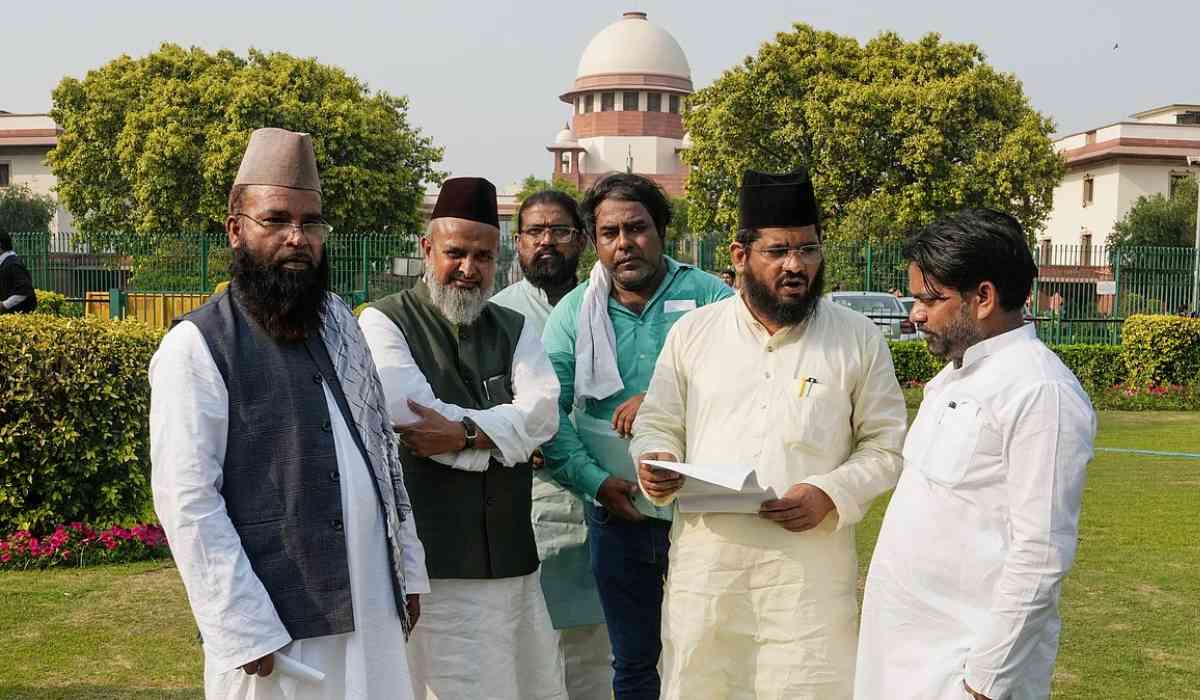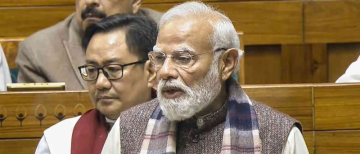The Waqf (Amendment) Act of 2025 has sparked significant legal debates across India, particularly regarding its constitutional validity and the impact on religious minority rights. On the heels of ongoing challenges to the Act, the Supreme Court of India recently conducted crucial hearings to assess its implications. As of now, several provisions of the Act have been put on hold for a period of seven days, with the Union government assured by the Court that no new appointments will be made to the Waqf Council or State Waqf Boards until the next hearing, scheduled for May 5, 2025.
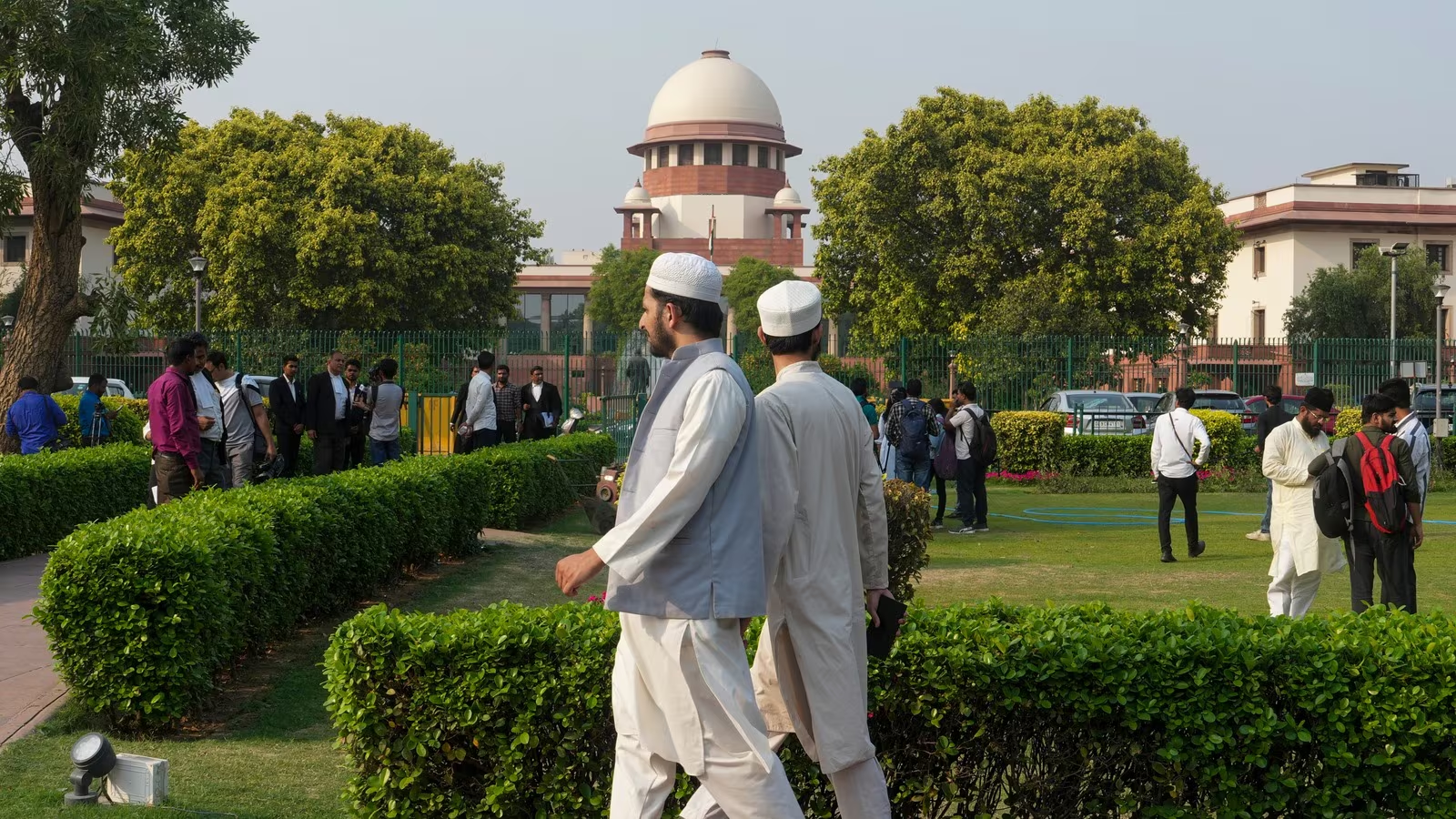
Background: The Controversial Waqf (Amendment) Act, 2025
The Waqf (Amendment) Act, 2025 received Presidential assent on April 5, 2025, after being passed in both Houses of Parliament amid heated debates. The voting figures underline the contentious nature of the bill:
-
Rajya Sabha: 128 in favor, 95 opposed
-
Lok Sabha: 288 in favor, 232 opposed
The law, which amends the original Waqf Act of 1995, has been challenged by a broad coalition of individuals and organizations. A total of 72 petitions have been filed, including those from:
-
AIMIM leader Asaduddin Owaisi
-
All India Muslim Personal Law Board (AIMPLB)
-
Jamiat Ulama-i-Hind
-
Political entities like the DMK and Congress MPs Imran Pratapgarhi and Mohammad Jawed
Supreme Court Hearing: Day 2 Highlights
Key Legal Concerns and Challenges
The Waqf (Amendment) Act, 2025, has been challenged in the Supreme Court on the grounds that it violates the constitutional rights of religious minorities, particularly Muslims. Central to the challenge are the provisions dealing with:
-
Waqf by User Properties: These properties, which have been used for religious or charitable purposes without formal registration, face potential de-notification under the new Act.
-
Appointment to Waqf Boards: The Act also impacts the process of appointment to the Central Waqf Council and State Waqf Boards, which has led to concerns over the autonomy of religious groups.
Supreme Court's Interim Order: Status Quo Maintained
In a crucial hearing on April 17, 2025, the Supreme Court, led by Chief Justice Sanjiv Khanna and Justices Sanjay Kumar and K.V. Viswanathan, issued a temporary order in the ongoing legal battle. The Court placed a hold on several provisions of the Waqf (Amendment) Act, and directed the Union government to maintain the status quo until the next hearing on May 5, 2025. Below are the key directions issued by the Court:
-
No New Appointments to Waqf Boards or Council: The Union government assured the Court that no new appointments to the Central Waqf Council or any State Waqf Boards would be made until the next hearing.
-
No De-notification of Waqf Properties: The Court also directed that no waqf properties, including those recognized as waqf by user (either declared or registered), would be de-notified before the next hearing. This ensures that the status of waqf properties remains unchanged during the pendency of the case.
Important takeaways from the interim order:
-
The Court issued a seven-day deadline for the Union government to file a response to the petitions.
-
Petitioners challenging the amendments were given five days to file rejoinders after the government’s response.
-
The case is set for the next hearing on May 5, 2025.
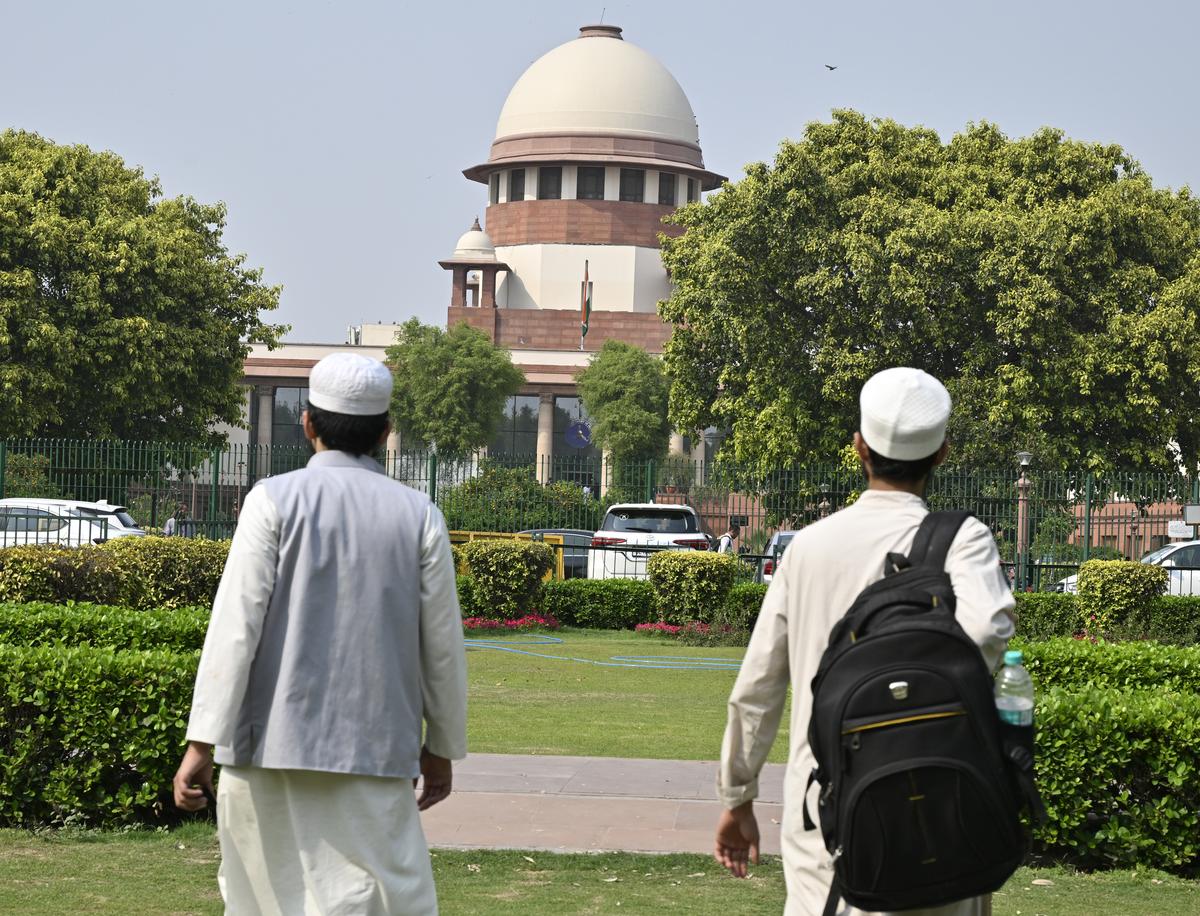
The Debate Over Waqf by User Properties
A major point of contention in the case is the recognition of waqf by user properties—those used for religious or charitable purposes without formal registration. Under the 2025 amendments, such properties are no longer recognized unless they are formally registered.
-
Petitioners' Arguments:
-
Petitioners, including senior advocate Kapil Sibal, argue that the amendments violate the constitutional right of religious minorities to manage their religious and charitable affairs.
-
They emphasize that many old waqf by user properties lack formal registration, and changing the status of these properties could disrupt longstanding religious practices.
-
The Court itself raised important questions, including:
“How will you register such waqfs by user? What documents will they have? It will lead to undoing something… Waqf by user is recognised… If you undo it, then it will be a problem.”
-
-
Government's Defense:
-
Solicitor General Tushar Mehta argued that the Act was passed after thorough deliberations and that waqf by user properties were supposed to be registered since the 1923 Waqf law. The government insists that the amendments aim to regulate and modernize the legal framework for managing waqf properties.
-
Handling the Numerous Petitions
As of now, nearly 100 petitions have been filed challenging the Waqf (Amendment) Act, 2025. To manage this large number of petitions and streamline the proceedings, the Supreme Court renamed the case to “In re: Waqf (Amendment) Act 2025” and appointed nodal counsels to handle the legal arguments.
Nodal Counsel Appointments:
-
For the petitioners: Advocate Vikas Jain has been appointed as the nodal counsel.
-
For the government: Advocate Kanu Aggarwal will represent the Union.
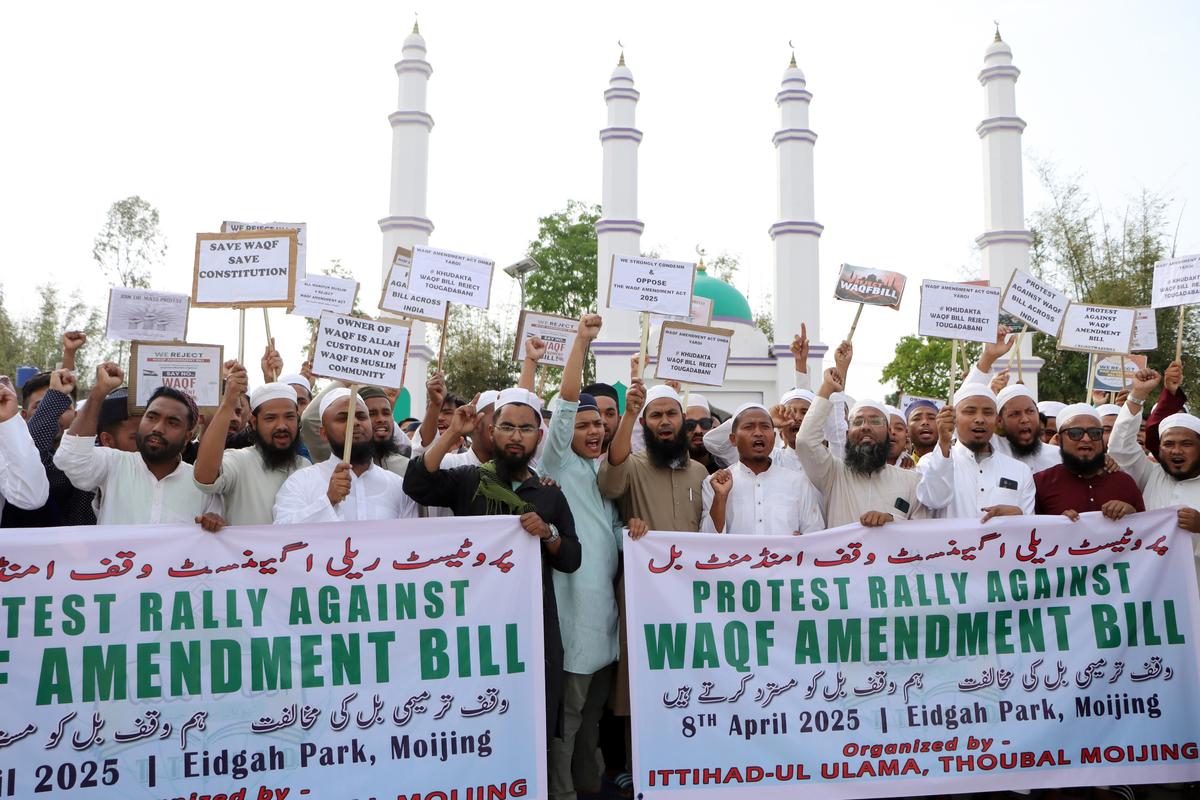
Court's Approach to Hearing the Petitions
-
The Court clarified that it would only hear arguments from five counsels representing the petitioners, as a means of simplifying the complex case.
-
The case challenging the Waqf Act of 1995 and its 2013 amendments will be heard separately.
Solicitor General’s Arguments: Historical Context of Waqf Law
In defense of the amendments, Solicitor General Tushar Mehta emphasized the need to understand the historical evolution of the Waqf law dating back to 1923. He argued that the amendments were introduced after substantial deliberation and consultation, stressing that the status of waqf by user properties has been legally unclear for decades and required formal registration.
Next Steps and Upcoming Hearing
The next hearing in this high-profile case is scheduled for May 5, 2025, where the Supreme Court will continue to deliberate on the constitutional validity of the Waqf (Amendment) Act, 2025. The Court will address the fate of waqf by user properties and the broader implications of the amendments on religious autonomy and property management.
What’s at Stake for Religious Autonomy and Waqf Law?
The Supreme Court’s decision on the Waqf (Amendment) Act, 2025, will have far-reaching consequences for the governance of religious properties in India. The outcome of this case will impact not only the legal status of waqf properties but also the rights of religious minorities to manage their own affairs without undue interference from the state. As the case continues, it is clear that the legal framework governing waqf properties will be subject to intense scrutiny, balancing regulatory needs with the protection of religious freedoms.
With inputs from agencies
Image Source: Multiple agencies
© Copyright 2025. All Rights Reserved Powered by Vygr Media.

